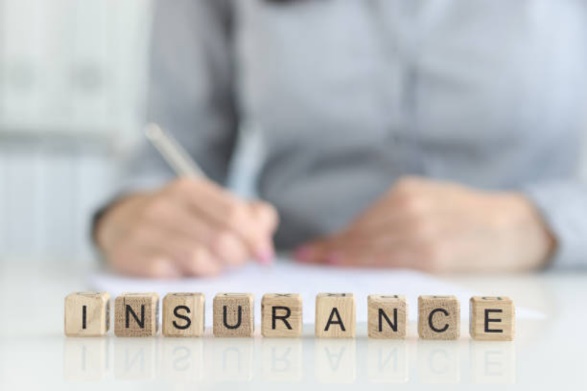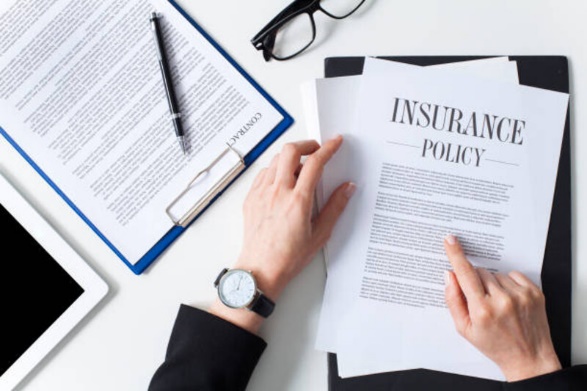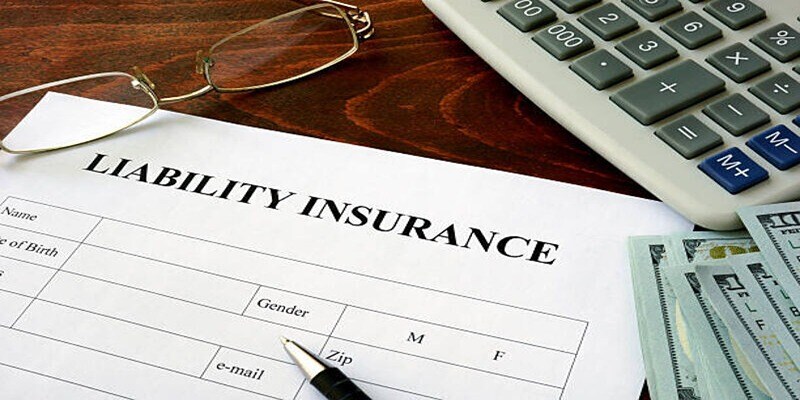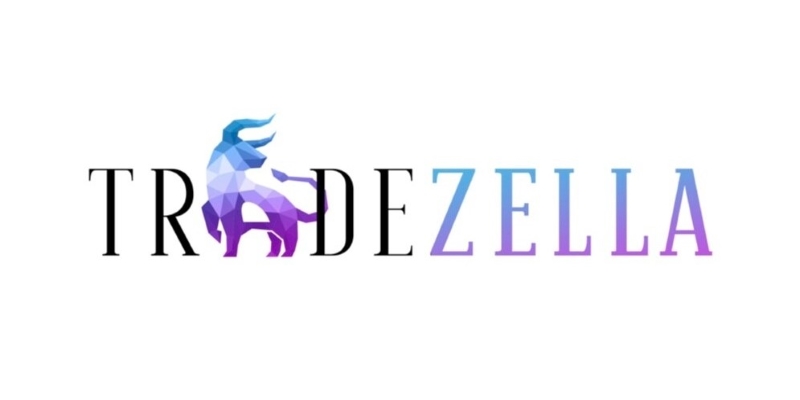Liability Insurance 101: Essential Knowledge for Every Business Owner
Feb 02, 2024 By Triston Martin
Liability insurance is a critical safeguard for businesses across all sectors. It is designed to protect organizations from the financial repercussions of lawsuits and other claims made against them. Whether you're an independent contractor or a multinational corporation, a robust liability insurance policy can shield your hard-earned assets from potentially catastrophic losses resulting from work-related incidents or professional negligence. Understanding the fundamental aspects of liability insurance can help you navigate the complexities of obtaining and maintaining adequate coverage, ensuring the long-term viability and prosperity of your business.
What is Liability Insurance?

Liability insurance, also known as general liability insurance or commercial general liability (CGL) insurance, is a type of business insurance that covers the costs associated with legal claims against your business. This can include property damage, bodily injury, personal injury, and advertising injury caused by your products or services. Liability insurance typically pays for the cost of defending your business in court and any damages awarded to the claimant, up to the policy limits.
Why is Liability Insurance Important?
Liability insurance is essential for businesses of all sizes because it provides financial protection in the event of a lawsuit or claim. Without liability insurance, a single incident could bankrupt a small business or significantly impact the bottom line of a larger company. In addition to covering legal costs and damages, liability insurance can also help businesses maintain their reputation and credibility.
Types of Liability Insurance
There are several types of liability insurance policies, each tailored to cover specific risks and exposures. Some common types of liability insurance include:
- General Liability Insurance: This is the most basic form of liability insurance that covers claims related to bodily injury, property damage, and personal and advertising injury.
- Professional Liability Insurance: Also known as errors and omissions (E&O) insurance, this type of coverage protects businesses against claims of negligence or failure to perform professional services.
- Product Liability Insurance: This policy covers legal costs and damages related to injuries or property damage caused by a product your business manufactures, distributes, or sells.
- Cyber Liability Insurance: With the increasing number of cyber attacks and data breaches, this type of liability insurance is becoming more prevalent. It covers the cost of recovering from a data breach, including legal fees and notifying affected parties.
- Employment Practices Liability Insurance: This coverage protects businesses from claims related to employment practices such as discrimination, harassment, and wrongful termination.
How to Obtain Liability Insurance?
Obtaining proper liability insurance for your business requires careful consideration and research. Here are some steps to follow when getting liability insurance:
- Assess Your Business Risks: Before purchasing any insurance policy, it's important to evaluate the specific risks associated with your business operations. This will help determine the types and amount of coverage you need.
- Research Different Insurance Providers: Shop around and compare policies from multiple insurance providers to find the best coverage and rates for your business.
- Understand Your Policy: Each liability insurance policy is unique, so make sure you understand what is covered and any exclusions or limitations that may apply.
- Consult with an Insurance Professional: If you're unsure about the type of liability insurance your business needs, it's best to consult with an experienced insurance professional who can guide you through the process.
- Review and Update Regularly: As your business grows and changes, so do your risks and insurance needs. It's important to review and update your liability insurance policy regularly to ensure it continues to adequately protect your business.
How Does Liability Insurance Work?
In the event of a claim, liability insurance works by providing financial resources to cover legal fees, judgments or settlements, and other related expenses. Here are the steps involved in how liability insurance works:
- Notify Your Insurance Provider: As soon as possible, report any incident that may result in a liability claim to your insurance provider.
- Investigation and Defense: Your insurance provider will investigate the claim and provide legal defense if necessary.
- Settlement or Judgment: If a settlement is reached or a judgment is made, your insurance provider will cover the costs up to the policy limits.
- Payment of Damages: Your insurance provider will pay any damages awarded to the claimant, up to the policy limits.
Factors to Consider When Choosing a Liability Insurance Policy

When choosing a liability insurance policy for your business, there are several factors to consider:
- Coverage Limits: Make sure the policy provides enough coverage to protect your business in the event of a claim.
- Premium Costs: Compare premiums from multiple providers to ensure you're getting the best rates.
- Policy Exclusions and Limitations: Understand what is excluded from coverage and any limits that may apply.
- Claims Process: Find out how the claims process works and how quickly claims are typically resolved.
- Financial Strength of the Insurance Provider: Choose an insurance provider with a strong financial rating to ensure they can cover any potential claims made against your business.
Conclusion
Liability insurance is a crucial aspect of protecting your business from legal claims and financial losses. With the various types and coverage options available, it's important to carefully assess your risks and choose a policy that provides adequate protection for your specific business needs. Regularly reviewing and updating your liability insurance will ensure your business remains adequately protected as it grows and evolves over time. So, it is crucial for businesses to invest in liability insurance to protect their assets and ensure long-term success. With the right policy in place, business owners can have peace of mind knowing that they are financially protected in the event of a lawsuit or claim.

Is Your Commute 'Extreme'? Here’s What It’s Really Costing You

Liability Insurance 101: Essential Knowledge for Every Business Owner

Umar Ashraf: Founder of TradeZella and His Vision for the Future

Mastering Camarilla Pivot Points: Strategies for Consistent Trading Success

Things you should know before moving to oregon

Synchrony Home Credit Card: 8 Key Points That Could Influence Your Decision

HSBC to challenge Revolut and Wise with new forex app

How to Invest in Knowles Corporation Stock?

Understanding the Role of a Business Consultant: A Comprehensive Guide
